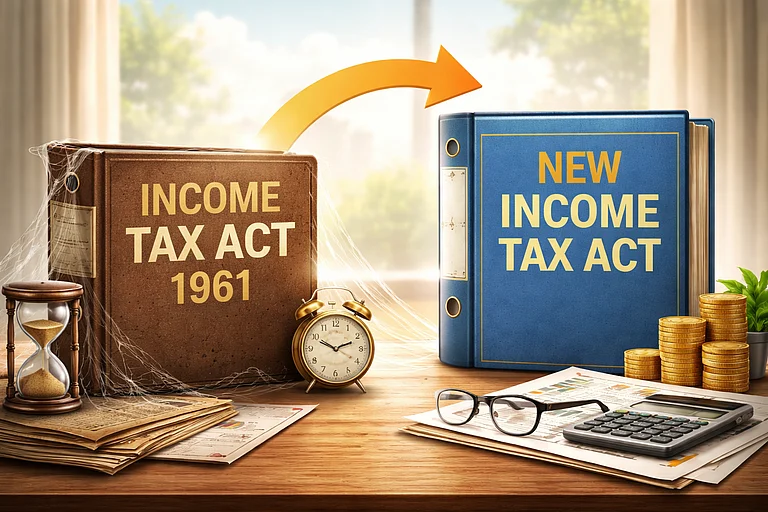As digital transactions become more widespread in India, many people choose to keep cash at home. If you are one of them, you should be aware of the rules governing the quantity of money that may be lawfully stored. Familiarizing yourself with these regulations might help you avoid issues in the event of an income tax audit. Ensure you are aware of the necessary guidelines to stay on the right side of the law.
Tax and legal experts clarify that the Income Tax Act does not specify a limit on the amount of cash an individual can keep at home. The most significant component is the source of funds. As long as the money is from legitimate, documented sources and is reported in your Income Tax Returns (ITR) and financial records, there is no restriction on the amount.
The Income Tax Act tackles the issue of cash holdings by requiring all cash to come from authorized sources and be fully recorded.
Shefali Mundra, Tax Expert at ClearTax, explains, “If an individual cannot satisfactorily explain the source of cash holdings, it is treated as unexplained cash credit and taxed at a rate of 78%, which includes a 60% tax rate, a 25% surcharge, and a 4% health and education cess. Under section 270A of the Income Tax Act, 1961, a penalty for underreported income can be as high as 200% of the tax payable. The Black Money Act, 2015, imposes rigorous imprisonment from 3 to 10 years, along with fines, for willful tax evasion.”
Mundra adds, “The Income Tax Act does not specify a limit on the amount of cash an individual can hold but mandates that any cash should be from a legitimate source and properly accounted for in the taxpayer’s records. Furthermore, transactions in cash exceeding Rs. 10,000 in a single day to a single person are not permitted as expenses under Section 40A(3).”
To avoid potential issues with tax authorities, it is crucial to maintain accurate financial records and ensure all cash transactions are well-documented. Regularly update and review your financial documentation to ensure compliance with tax regulations and and consult with a tax professional if you have any concerns about your cash holdings.















